Xi Jinping to visit Russia for Victory Day and strategic talks with Putin
- Update Time : Tuesday, May 6, 2025

Chinese President Xi Jinping will visit Moscow from May 7 to 10, the Kremlin announced on May 4, highlighting the deepening strategic partnership between China and Russia amid the ongoing war in Ukraine and growing global tensions. The visit will see Xi attending Russia’s annual Victory Day Parade on May 9 – commemorating the 80th anniversary of the Soviet Union’s defeat of Nazi Germany – and engaging in important talks with Russian President Vladimir Putin.
China’s Foreign Ministry also confirmed the visit, stating, “At the invitation of President Vladimir Putin of the Russian Federation, President Xi Jinping will pay a state visit to Russia from May 7 to 10 and attend the celebrations marking the 80th anniversary of the Victory in the Great Patriotic War in Moscow.”
Xi’s upcoming visit, his third to Russia since the outbreak of the Ukraine conflict in 2022, underscores the growing closeness between Beijing and Moscow at a time when both countries face mounting political and economic pressure from the West. The Kremlin emphasized that during the trip, Xi and Putin will discuss the further development of their “comprehensive strategic partnership” and will sign multiple bilateral agreements aimed at strengthening cooperation across key sectors.
Victory Day remains one of Russia’s most revered national holidays – a solemn and patriotic commemoration of the Soviet Union’s victory in World War II, achieved at the cost of an estimated 27 million Soviet lives. The annual May 9 military parade in Moscow’s Red Square is a powerful symbol of national pride and resilience. This year, more than 20 foreign leaders are expected to attend the parade, including Belarusian President Alexander Lukashenko, Serbian President Aleksandar Vucic, Slovak Prime Minister Robert Fico, and Armenian Prime Minister Nikol Pashinyan.
Xi’s presence at the celebrations carries immense symbolic weight, signaling China’s firm support for Russia at a time when Moscow faces deepening international isolation over its military campaign in Ukraine. For President Putin, having Xi by his side at such a significant event offers a potent message both domestically and internationally: Russia is far from isolated and still commands the support of influential global powers.
According to a statement released by the Kremlin, Xi and Putin’s discussions will focus on expanding the countries’ “relations of comprehensive partnership and strategic interaction,” with an agenda covering not only bilateral issues but also key regional and international matters. Officials have indicated that a number of intergovernmental and interagency agreements are expected to be signed during the three-day visit.
In a recent interview, Putin described Russia’s relationship with China as “truly strategic in nature, deep-seated,” reflecting the broad and expanding cooperation between the two countries across political, military, economic, and technological domains. With Russia increasingly cut off from Western markets due to sanctions, China has emerged as a crucial economic partner. Bilateral trade between the two countries reached record highs in 2024, underlining the importance of their relationship.
While Beijing continues to claim neutrality in the Ukraine conflict, it has refused to condemn Russia’s military operations and has consistently criticized the Western sanctions campaign, accusing the United States and its allies of adopting a “Cold War mentality.” Although China has called for peace talks and advocated for a negotiated settlement, it has carefully avoided language that directly blames Moscow for the hostilities.
Coinciding with the Victory Day events, President Putin proposed a 72-hour unilateral ceasefire in Ukraine, framing it as a goodwill gesture aligned with the historic importance of the occasion. However, Ukrainian President Volodymyr Zelensky swiftly rejected the offer, dismissing it as a “theatrical performance.” Instead, Zelensky proposed a much broader 30-day unconditional truce – an idea the Kremlin immediately dismissed, emphasizing that Moscow seeks a long-term resolution, not brief pauses that could allow Kyiv to regroup militarily.
Diplomatic tensions escalated further when Zelensky issued a warning to global leaders planning to attend the Victory Day events in Moscow, asserting that Ukraine could not guarantee their safety due to the ongoing conflict. This thinly veiled threat underscored Ukraine’s view that any participation in the celebrations would lend indirect support to Russia’s position.
Adding to the strained atmosphere, Zelensky has recently intensified his criticism of China, accusing Beijing of providing Russia with military supplies, including weapons and gunpowder. Although these accusations have yet to be substantiated with clear evidence, they reflect growing Ukrainian frustration with Beijing’s perceived tilt toward Moscow.
Xi Jinping’s visit reflects China’s delicate balancing act: maintaining a strong strategic partnership with Russia while trying to avoid further deterioration of relations with the West. Beijing has consistently called for dialogue and peace negotiations but has refrained from adopting the West’s position of demanding a Russian withdrawal or unequivocally backing Ukraine’s territorial claims.
This nuanced approach is emblematic of China’s broader foreign policy goals – opposing Western dominance while steering clear of direct involvement in major conflicts. Yet with every high-profile gesture of support for Russia, Xi risks alienating European countries that have already cooled their ties with Beijing over its ambivalent stance on Ukraine.
Xi’s trip to Moscow also forms part of a broader pattern of global realignments. Russia and China, along with countries such as Iran, North Korea, and several states from the Global South, are increasingly strengthening ties as a counterweight to U.S.-led international institutions. While this emerging bloc lacks the formal structures of alliances like NATO, it is united by a shared desire to resist US dominance and push for a multipolar world order.
For Putin, Xi’s presence at the Victory Day celebrations represents a significant diplomatic achievement, providing a much-needed counterbalance to Western efforts to isolate Moscow. For Xi, the visit offers an opportunity to showcase China’s global leadership ambitions while bolstering a strategic partner that shares Beijing’s vision of global multipolarity.
Nevertheless, the risks are considerable. Perceptions of a deepening “Beijing-Moscow axis” could accelerate Western efforts to contain China’s economic and geopolitical rise, from expanded military cooperation in Asia to intensifying economic decoupling. Domestically, Xi’s appearance at Russia’s most important national holiday will likely reinforce his image as a decisive global leader. Internationally, however, it could entrench divisions with Europe and the United States.
As Xi Jinping prepares to arrive in Moscow for Victory Day commemorations and high-level strategic discussions, the world will be watching closely. His visit underscores the evolving dynamics of international relations in an era defined by renewed great power rivalry, war, and shifting alliances. Amid the fractured global landscape, Xi’s appearance on Red Square will send a message that extends far beyond the celebrations – a powerful statement of where China sees itself on the world stage.


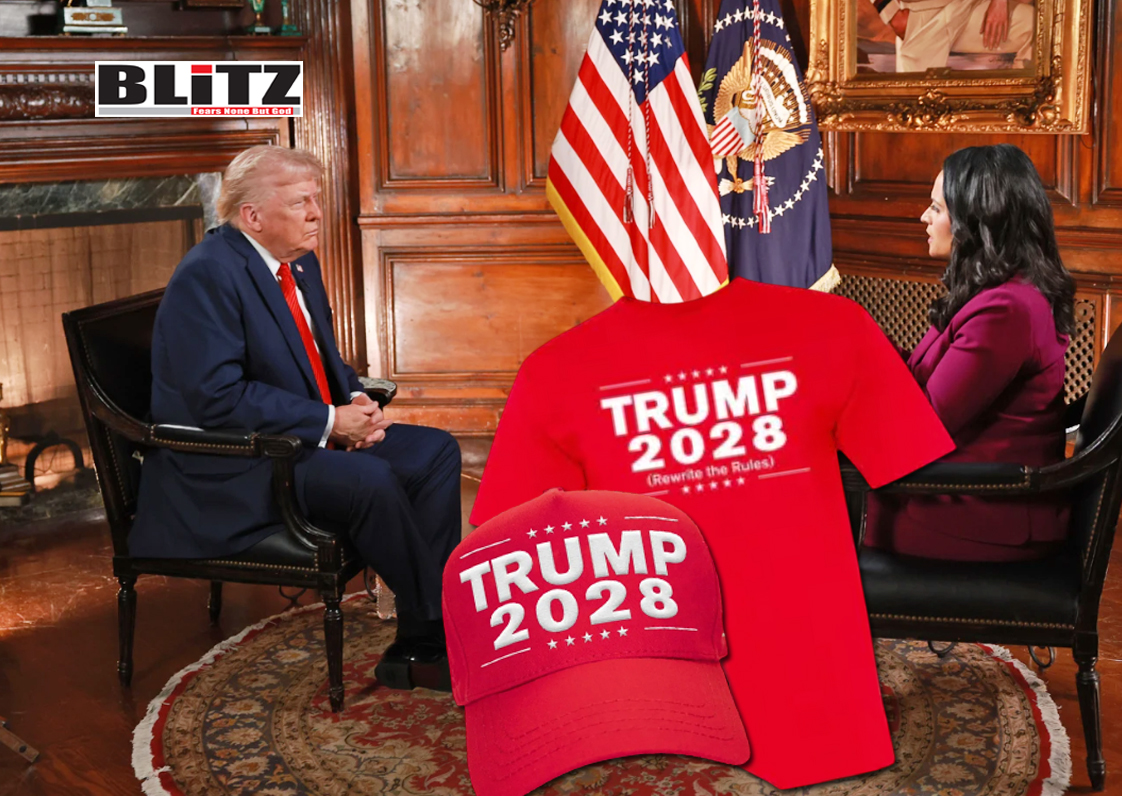
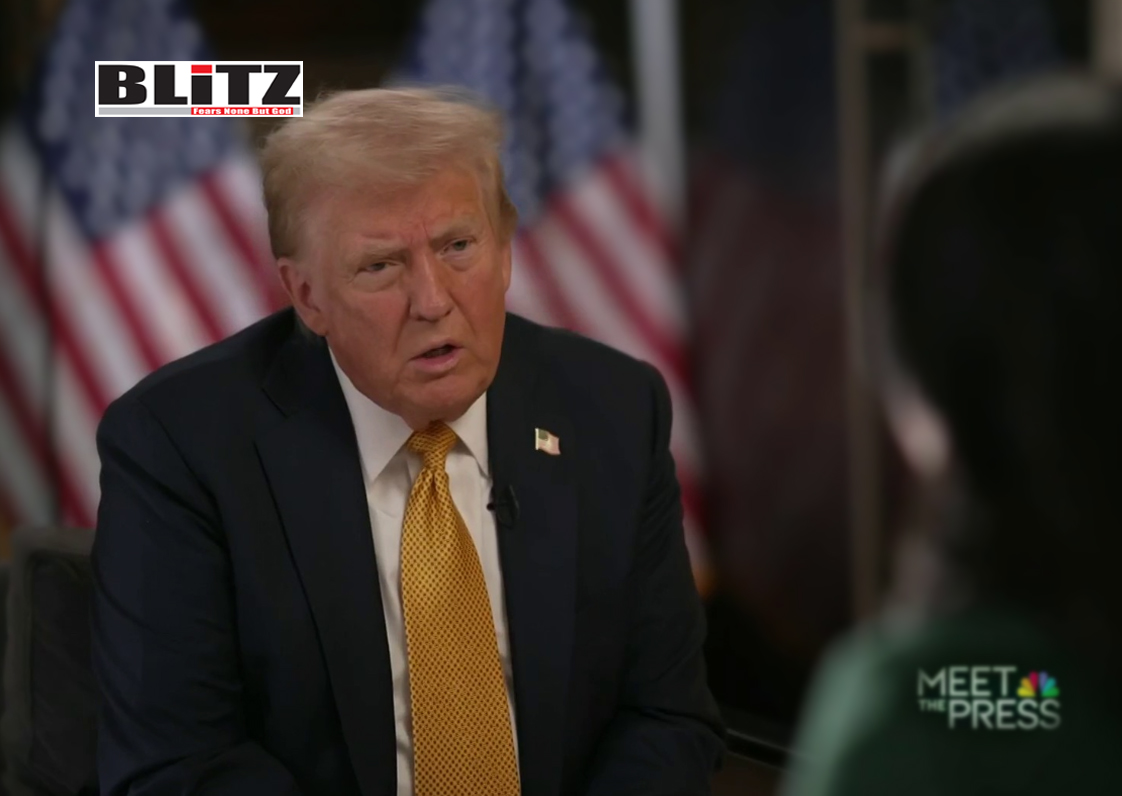
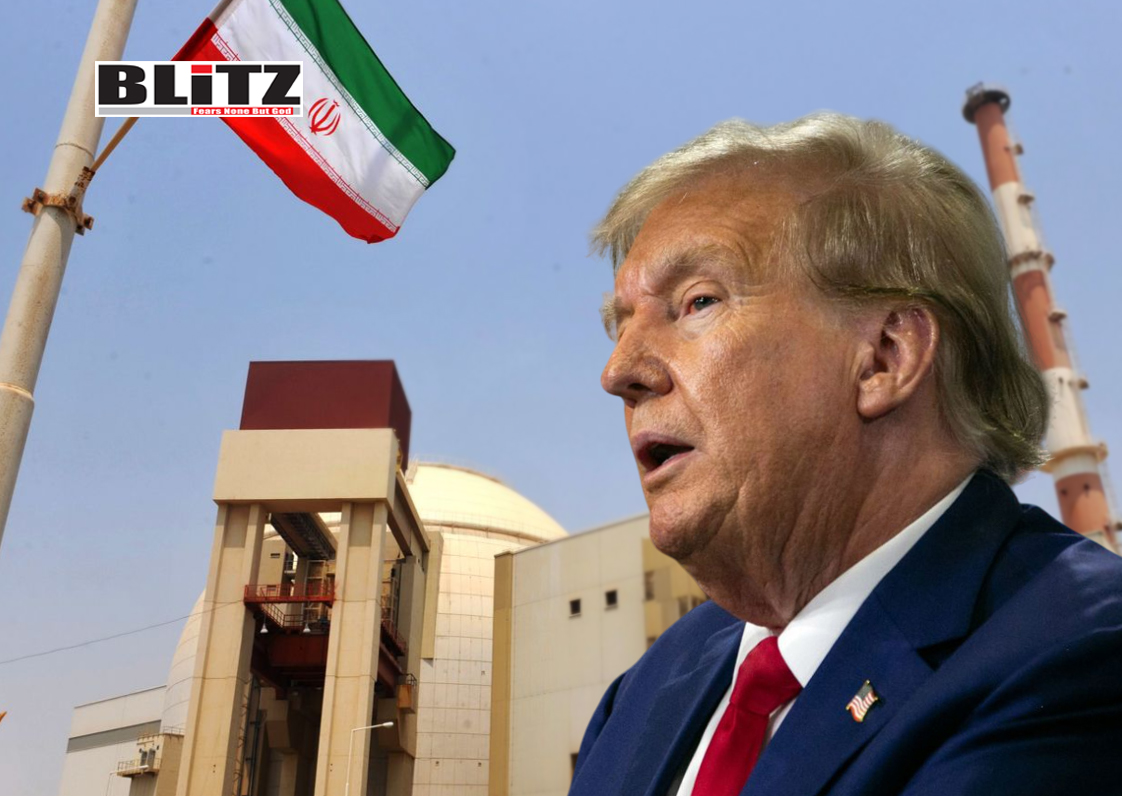
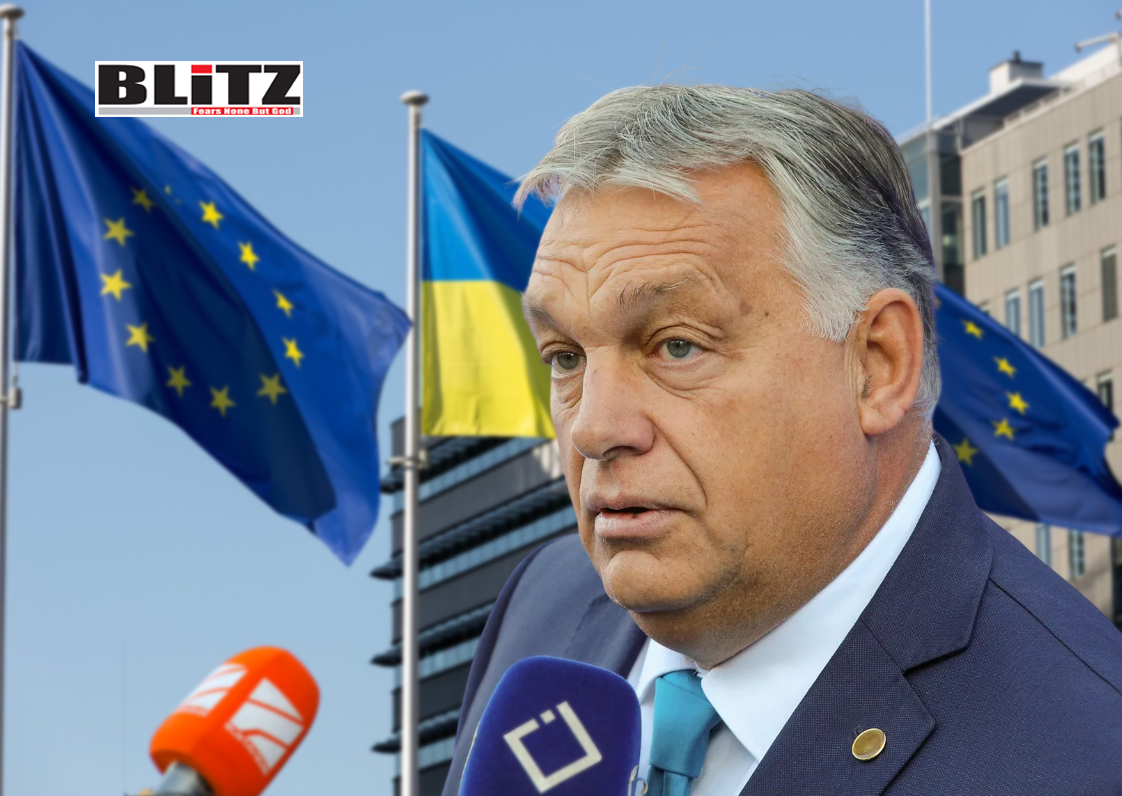
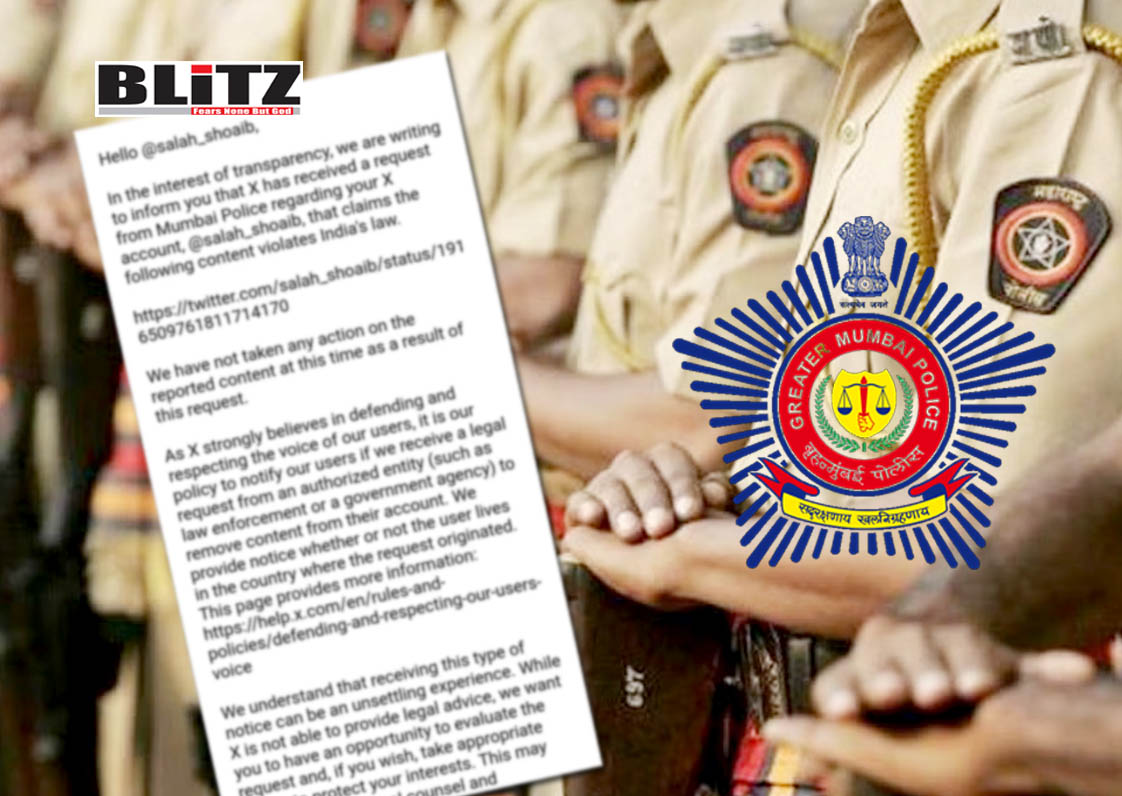
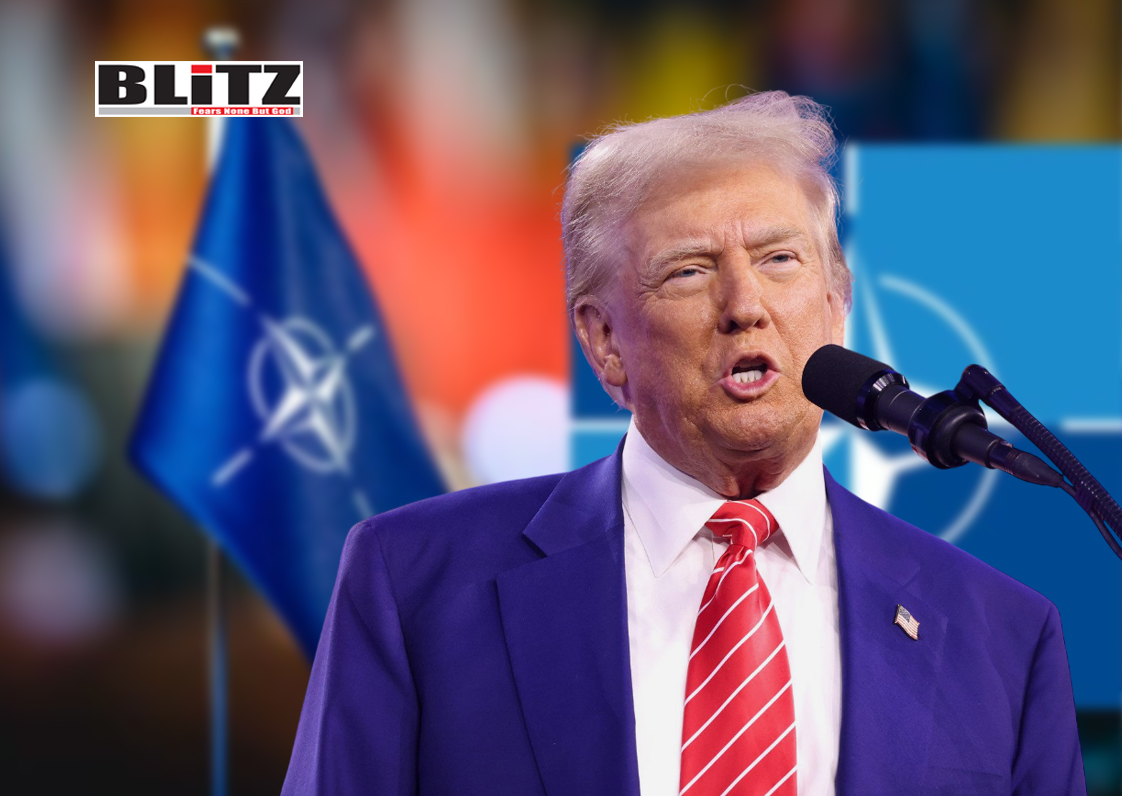
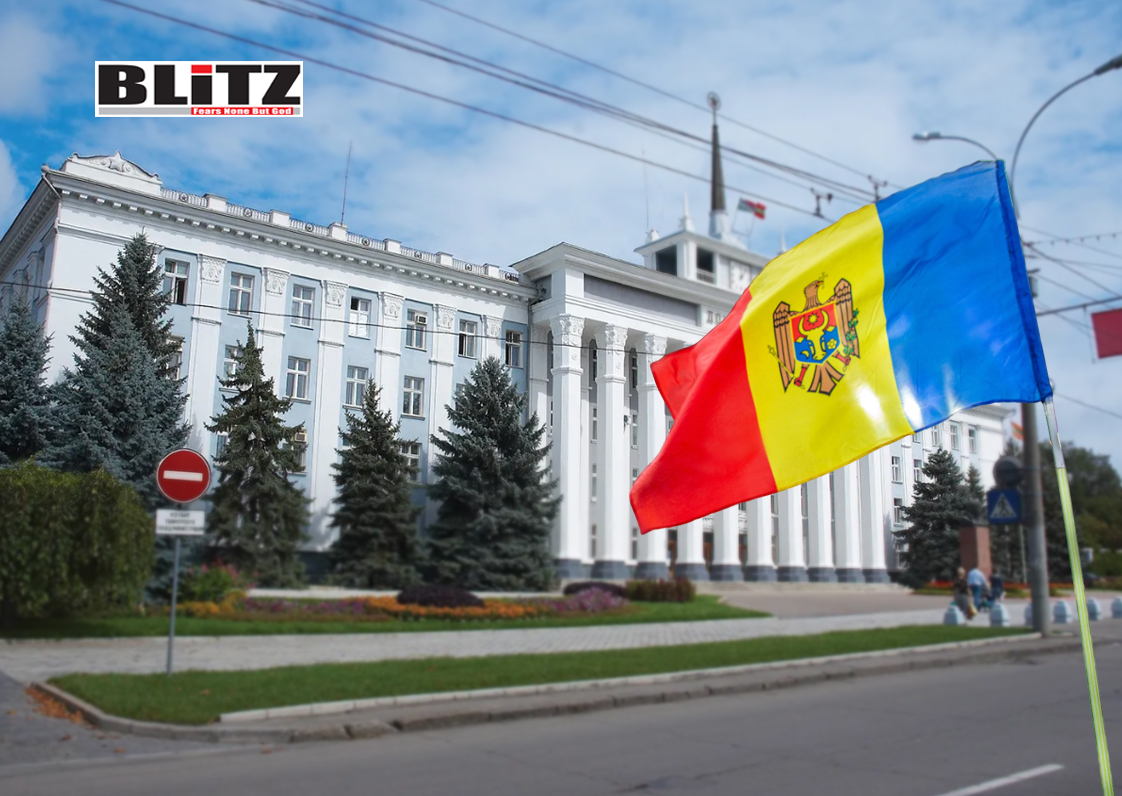
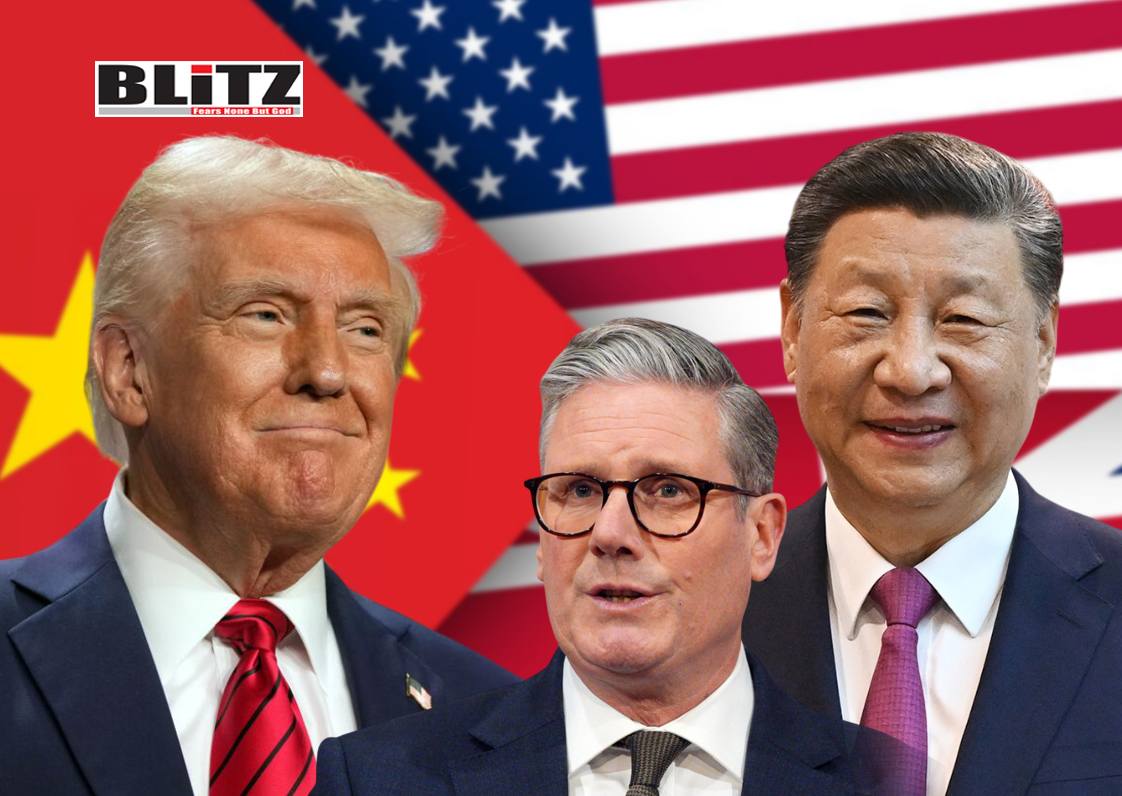
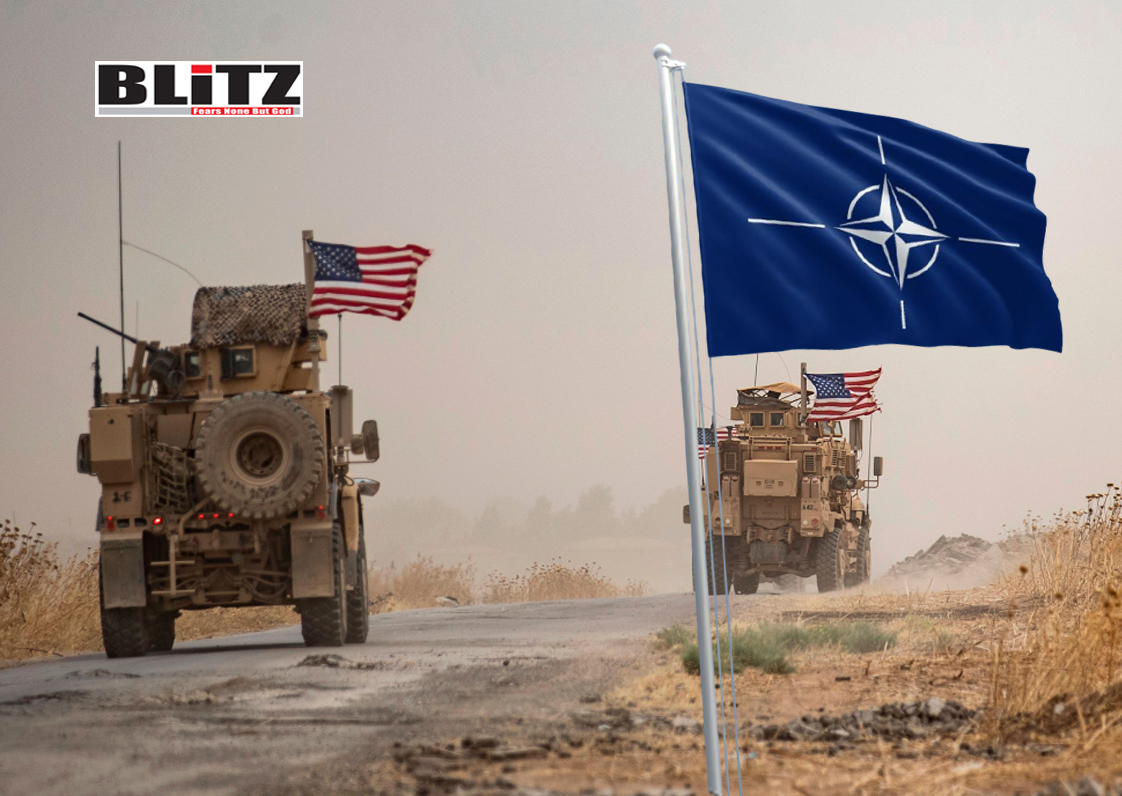
Leave a Reply